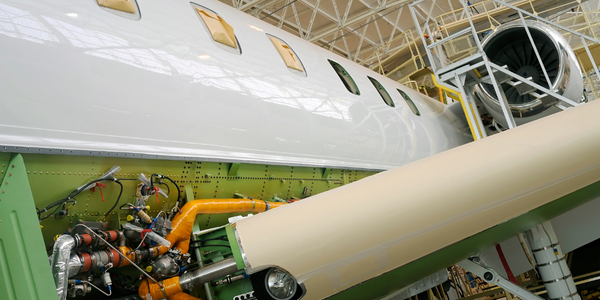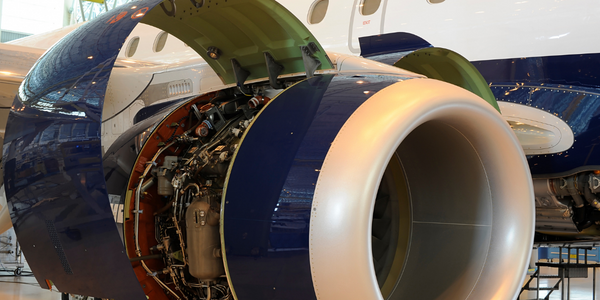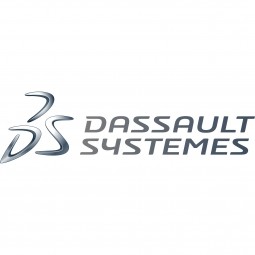下载PDF
Aerospace & Defense Case Study Airbus

技术
- 分析与建模 - 数字孪生/模拟
适用行业
- 航天
适用功能
- 产品研发
用例
- 远程协作
挑战
为了开发新的宽体飞机,空中客车公司需要确保所有内部和外部利益相关者的质量和一致性。空中客车公司面临许多挑战,包括非常激进的开发计划和快速提高产量以满足交付承诺的需要。缺乏沟通会延长设计时间并引入导致成本上升的错误。
客户
空客
关于客户
空中客车公司是航空航天、国防和相关服务领域的全球领导者。空中客车公司是世界领先的飞机制造商,其以客户为中心、商业知识、技术领先和制造效率将其推向了最前沿
解决方案
空中客车公司在单一平台上使用达索系统的 3DEXPERIENCE 应用程序进行设计、模拟和制造,员工和供应商在该平台上实时协作,打造独特的数字模型。空中客车公司将他们的开发平台联合在一个保护伞 ENOVIA 下,并为空中客车公司的员工和扩展企业提供访问这一独特数据参考的权限。
收集的数据
Design Process Flow, Production Efficiency
运营影响
数量效益
相关案例.

Case Study
Airbus Soars with Wearable Technology
Building an Airbus aircraft involves complex manufacturing processes consisting of thousands of moving parts. Speed and accuracy are critical to business and competitive advantage. Improvements in both would have high impact on Airbus’ bottom line. Airbus wanted to help operators reduce the complexity of assembling cabin seats and decrease the time required to complete this task.

Case Study
Aircraft Predictive Maintenance and Workflow Optimization
First, aircraft manufacturer have trouble monitoring the health of aircraft systems with health prognostics and deliver predictive maintenance insights. Second, aircraft manufacturer wants a solution that can provide an in-context advisory and align job assignments to match technician experience and expertise.

Case Study
Developing Smart Tools for the Airbus Factory
Manufacturing and assembly of aircraft, which involves tens of thousands of steps that must be followed by the operators, and a single mistake in the process could cost hundreds of thousands of dollars to fix, makes the room for error very small.

Case Study
Accelerate Production for Spirit AeroSystems
The manufacture and assembly of massive fuselage assemblies and other large structures generates a river of data. In fact, the bill of materials for a single fuselage alone can be millions of rows of data. In-house production processes and testing, as well as other manufacturers and customers created data flows that overwhelmed previous processes and information systems. Spirit’s customer base had grown substantially since their 2005 divestiture from Boeing, resulting in a $41 billion backlog of orders to fill. To address this backlog, meet increased customer demands and minimize additional capital investment, the company needed a way to improve throughput in the existing operational footprint. Spirit had a requirement from customers to increase fuselage production by 30%. To accomplish this goal, Spirit needed real-time information on its value chain and workflow. However, the two terabytes of data being pulled from their SAP ECC was unmanageable and overloaded their business warehouse. It had become time-consuming and difficult to pull aggregate data, disaggregate it for the needed information and then reassemble to create a report. During the 6-8 hours it took to build a report, another work shift (they run three per day) would have already taken place, thus the report content was out-of-date before it was ever delivered. As a result, supervisors often had to rely on manual efforts to provide charts, reports and analysis.

Case Study
SAP Leonardo Enabling Rocket Science
At times, ULA has as many as 15 different operating systems dedicated to overlapping processes, such as rocket design, testing, and launch. Multiple systems created unnecessary costs and unwanted confusion among workers at offices, factories, and launch sites in different location. In order to improve collaboration and transparency during vital activities that directly influence mission success, ULA wanted to improve data sharing and streamline manufacturing processes.






